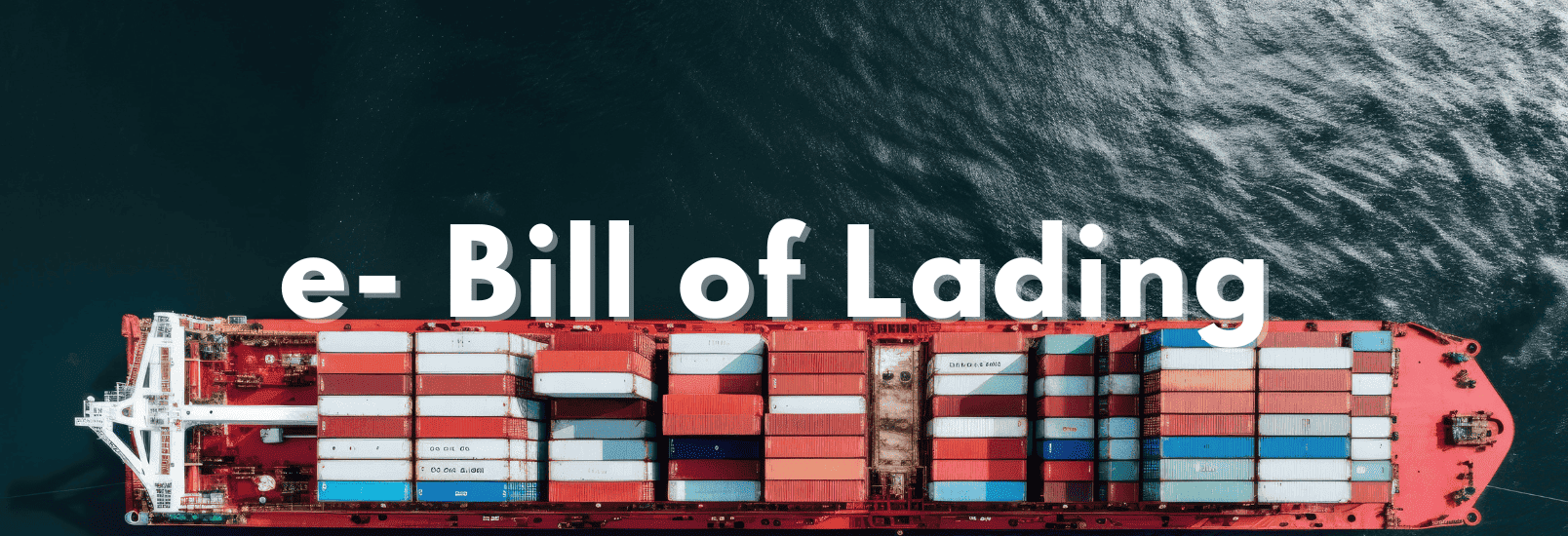President Joe Biden and other leaders of the world’s top economies agreed to a unified set of objectives to fight the coronavirus pandemic and promote global economic rebuilding during the recent G-7 summit in Cornwall, United Kingdom. Coordinated action on vaccine distribution, economic recovery, global corporate taxation and fair trade, climate change, and concerted response to China’s emerging authoritarian power were all included in the final communique signed by those leaders. Whereas the particular policies to carry out these accords have still to be worked out in further detail, world leaders have outlined an important plan for post-pandemic economic growth that is swift, thorough, equitable, and environmentally sustainable.
In the future, Latin America and the Caribbean will face significant policy difficulties. It must speed up the digital transformation to assist businesses and consumers to adjust to a new normal and capitalise on the pandemic recovery to strengthen economies, as well as address long-standing impediments to digital adoption and bridge digital divides.
Even before the epidemic, these factors hampered long-term, equitable economic growth. This crisis should serve as a wake-up call for governments, the private sector, civil society, and international development partners to work together to advance consistent, long-term, and sustainable e-commerce strategies that are at the forefront of national and regional productive development agendas. Digital solutions should be used to promote regional economic connectivity beyond this emergency crisis, just as they helped countries overcome the increased role of distance in influencing consumption and business during the pandemic.
As the number of exports from other nations to the United States increases, so does the need for international creditors to have a greater understanding of US laws governing credit management, debt collection, and litigation procedures.
In the United States there is far greater access to credit information relating to individuals and businesses that is generally available in many other countries. In the United Stated sophisticated computerized databases of credit information are operated by various reporting agencies which allow credit grantors to determine at the outset whether or not an individual or business represents a good credit risk. These same databases also provide a variety of information which is helpful in maintaining credit records and in determining whether to place a case for collection and/or litigation.
Credit information about individuals and businesses is far more readily available in the United States than it is in many other countries. Various credit reporting organisations in the United States run sophisticated computerised databases of credit information that allow credit grantors to identify whether or not an individual or business is a good credit risk right away. These same databases also supply a wealth of information for keeping credit records and deciding whether or not to file a collection or litigation case.
In the United States, there are several debt recovery agencies – some are national agencies with offices in multiple cities and, in some cases, international nations. Some agencies may limit their operations to specific towns or states, while others may be industry-specific. Due to the sheer vastness of the United States, which has a population of over 260 million people, there are a wide range and large number of collection agencies. Collection agencies’ actions in the United States are restricted by federal and state law, and they typically limit their collection efforts against debtors to phone calls and written correspondence. When a collection agency determines that court action is likely to result in a successful recovery, it will typically send the matter to an attorney.
In the United States, lawyers are referred to as attorneys. Attorneys are often not permitted to practise in more than one state’s courts. As a result, it is common to refer cases to an attorney in the county or city where the debtor resides in the state.
Most collection agencies in the United States work on a contingency fee basis, which means that the charge is based on a percentage agreed upon between the collection agency and the credit grantors and is paid out of the monies recovered from the debtor. Fee models for contingency work differ.
When an attorney receives a case from a collection agency or a forwarding law firm through a legal list, he or she will usually take it on a contingency fee basis. If a lawsuit is filed, the attorney is normally entitled to a suit fee that is completely contingent, partially contingent, or non-contingent, in addition to the base contingent fee.
Court expenses vary by jurisdiction, and the credit grantor is responsible for paying them.
A method of obtaining competent attorneys for the referral of collection cases. There are a number of companies in the United States that provide nationwide coverage.
Commercial law listings are directories of attorneys who are interested in and capable of handling Debt Collection in USA and insolvency matters. A one million dollar fidelity bond protects cases referred to an attorney through a legal list from defalcation. Law Lists also assists listees, debt collectors, and credit grantors in resolving disputes.
In the United States, the legal system is founded on English Common Law. This is an adversarial system, as opposed to the civil law system that many other countries employ. Each state has its own court system and set of laws, as does the federal government.
While basic principles of comity exist between the United States and most other countries (i.e., courteous acknowledgement of another country’s law), a final foreign judgment is not automatically enforceable in the United States. The foreign judgement serves merely as prima facie evidence of the debt’s existence in a U.S. court. Most overseas creditors will have to file a lawsuit in the United States to show their debt, and will not be able to simply register or enforce a foreign judgement.
In the United States, each state’s laws determine when a creditor must file a debt recovery action. These laws differ from one state to the next.
A general outline of lawsuit proceedings is as follows:
In the United States, the following are the most common methods for executing a judgement: o Seizure and sale of personal property, bank accounts, or receivables owed to the judgement debtor or third parties.
The seizure and selling of real estate. When lawsuits are settled out of court, international creditors should take into account the rate of exchange to guarantee that the U.S. dollar amount recovered from the debtor is equivalent to the actual amount of the debt in the credit grantor’s country’s currency.
When a judgement is obtained in a U.S. dollar action, state law is applied to calculate the exchange rate of the amount actually payable by the judgement debtor. Because the exchange rate may be calculated as of the contract date, the action filing date, the judgement date, or the judgement payment date, it may fluctuate!
The Uniform Foreign Claims Act was enacted in a few states in the United States to deal with the conversion of US dollars to local currency.
The CLLA is a federation of litigation and bankruptcy lawyers, as well as collection agencies and legal directories. The organisation is based in the United States and operates on a national scale. The league connects people and businesses to provide a comprehensive range of debt collection and insolvency services.
As a result, our organisation has successfully resolved numerous debt collection cases in the United States. Is your company pursuing financial debt recovery in the United States because an American debtor has failed to pay your invoices? Our debt collection specialists in the United States would gladly assist you.
We contact your American debtor using our international knowledge and experience in order to obtain payment from your debtor in the United States. Our debt collection lawyers and specialists, in particular, are familiar with the local business and cultural customs. We can guarantee that our debt collection agency in USA will be able to collect your payment. Our debt collectors have the necessary knowledge, experience, and expertise to recover the funds.
Recommended Read:









